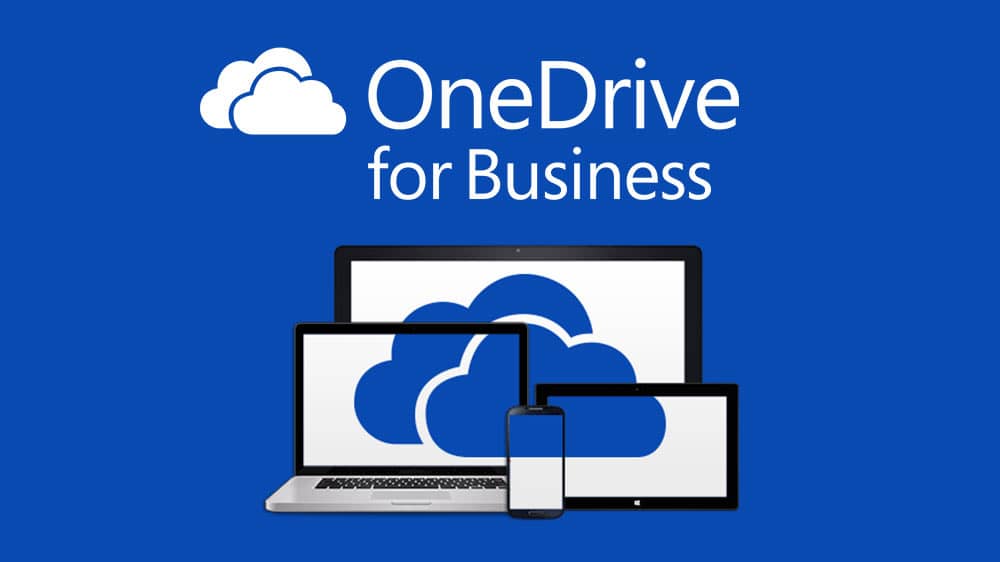
In recent years, cloud file-sharing services have proliferated among businesses and consumers, alike. And while the popularity of file-sharing and cloud-computing and storage has driven competitive advancement, with a booming market comes the difficulty of narrowing down your options and making a singular choice. For instance, in service of enterprises alone, the heavy-weight contenders among file-sharing services are Box, Citrix’s ShareFile, Dropbox for Business, Google Drive, Egnyte and SugarSync. That’s a lot to sift through! If you’re looking to shop smart, and to do right by your employees and customers, you’ll bear these six key considerations in mind. Take it and use it as a checklist to audit your options.
Security. Is your data safe? Data privacy should permeate your business environment. How robust are the authentication processes that you have in place? Let’s put it this way: do you only use one password that everyone in the office knows? Are you communicating with customers through the file-sharing service? If so, you’re responsible for the safe-keeping of their personal information. Is data encryption available for data both in transit and in storage? Are there built-in antivirus controls? Routine updates?
Compliance. Do you know where your data is? Depending on the exact location of where the data is physically stored off-premise, it may fall under different regulations, than it would were it stored on-site. What regulatory compliance measures will your data now be subject to?
Accessibility. Do you have constant, uninterrupted access to company files? Does the file-sharing service support a variety of devices? How fluid is integration among desktop and mobile devices? Chances are you’ll want full, unlimited data availability. The essential question here, is: who’s in control of what?
Scalability. As your business grows, are you able to provide unlimited support to an unlimited number of customers? The service you choose should be as flexible and scalable as possible. Be on the look-out for any fine print or veiled limitations within your service agreement. You’ll need to know your needs up front for this one.
Administration. Are you able to manage all your business processes via a single management console or is the management of different functions decentralized? Can the service be fully integrated within your current network infrastructure? Do you have the bandwidth for it? You’ll need an IT expert to help you answer this one.
Usability. Is the service easy to use? Does it integrate with your pre-existing business software and applications? How simple is self-service? No matter what file-sharing service you choose, it’s important that your clients and employees are comfortable with it and feel fully informed as to proper security and use protocol. It’s also important to mention that each service will differ in respects to these six criteria. One maybe slightly more secure than the next, but lack the capability to fold seamlessly into your infrastructure. Some services are inherently more user-friendly and built with collaboration functionalities in mind. As you ask the service-provider these questions, you also need to ask yourself: what is it that I value most for my business? In addition to the public services mentioned above, many businesses are opting for on-premise cloud storage and file-sharing services. The benefit of an on-site system is that you effectively avoid potential data ownership and retention concerns. Those vendors include Accellion, Novell, OwnCloud, Oxygen Cloud and WatchDox. Learn more here. Think that might be more up your alley? Go ahead and check them out! Before you commit to any one service, it’s necessary that you analyze your business needs and rank the considerations above in order of priority. That way, you can make an informed decision as to which is the best fit for you and your clients. Happy Hunting!

Comments are closed.